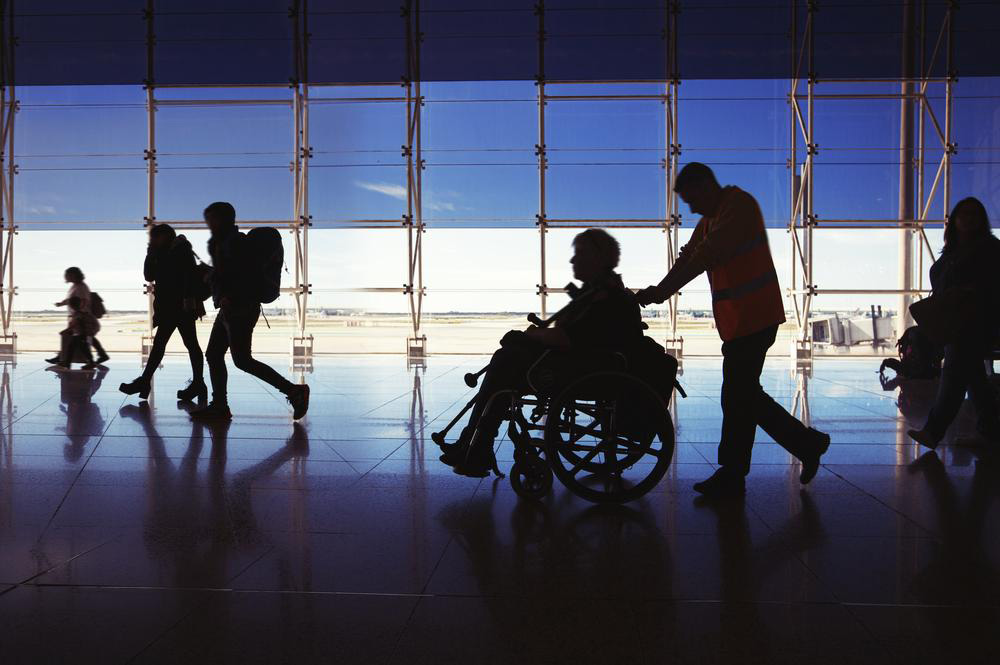Comprehensive Guide to Essential Responsibilities of Caregivers
This comprehensive article explores the essential responsibilities of caregivers, including care planning, medication management, daily activity support, household chores, medical assistance, and appointment management. It emphasizes the importance of compassion, organization, and professional knowledge in delivering high-quality care that enhances the well-being of individuals. Ideal for both professional caregivers and family members, the guide offers detailed insights to improve caregiving effectiveness and patient satisfaction.

Comprehensive Guide to Essential Responsibilities of Caregivers
Caregivers are vital contributors to the health and well-being of individuals facing various challenges, whether due to age, illness, or disability. Their role extends beyond basic support, encompassing a wide array of responsibilities that ensure the safety, comfort, and dignity of those under their care. From assisting with daily routines to managing complex medical needs, caregivers serve as both support systems and advocates for their patients. As the healthcare landscape evolves, understanding the core duties of caregivers becomes increasingly important for families, healthcare professionals, and caregivers themselves.
This detailed guide explores the essential responsibilities every caregiver should be familiar with to provide compassionate, effective, and professional care. Proper knowledge of these duties not only improves patient outcomes but also enhances the caregiver’s confidence and job satisfaction.
Developing a Personalized Care Plan
One of the foundational responsibilities of a caregiver is creating a customized care plan tailored to the individual's unique needs, strengths, and preferences. This plan serves as a roadmap for daily routines, medical needs, emotional support, and safety considerations. To formulate an effective care plan, caregivers must communicate closely with healthcare professionals, family members, and the individual receiving care. This collaboration helps identify specific health issues, dietary restrictions, mobility levels, and personal preferences, ensuring that the care plan is comprehensive and adaptable. A well-structured plan not only guides the caregiver but also reassures the patient and family that their needs are being prioritized with professionalism and empathy.
Managing Medications Safely and Effectively
Medication management is a critical aspect of caregiving, particularly for individuals with chronic illnesses, mental health conditions, or post-surgical recovery. Caregivers are responsible for overseeing medication schedules, ensuring that doses are accurate and taken at prescribed times. This often involves organizing medicines, monitoring for side effects, and refilling prescriptions before they run out. Proper medication management reduces the risk of adverse reactions and hospitalization. Caregivers must also be aware of potential drug interactions and report any concerns to healthcare providers promptly. Training in medication administration, including injections or inhalers, is often necessary to perform these duties safely.
Assisting with Daily Activities for Comfort and Independence
Assistance with daily living activities such as bathing, dressing, grooming, toileting, and eating forms the core of caregiving. These tasks support not only the physical health of the individual but also their dignity and confidence. Caregivers assess the person’s mobility, provide appropriate aids like walkers or wheelchairs, and ensure safety during transfers or bathroom use. Encouraging independence while offering necessary support helps clients maintain as much autonomy as possible, which is vital for their mental and emotional well-being.
Providing Household Support and Meal Preparation
An often overlooked aspect of caregiving involves managing household chores. This includes cleaning, laundry, grocery shopping, and meal planning and preparation. Creating nutritious, appealing meals and maintaining a clean environment directly impact the health and happiness of the individual. Proper nutrition and hygiene are essential components of overall wellness and can prevent infections or complications. Caregivers might also adapt meal plans to accommodate dietary restrictions or medical advice, ensuring a balanced diet that supports recovery and health maintenance.
Providing Medical and Therapeutic Support
In addition to basic care, caregivers often assist with medical procedures such as physical therapy exercises, injections, wound care, or administering treatments prescribed by healthcare professionals. They work closely with doctors, nurses, and therapists to ensure the treatment plan is followed accurately. Emergency preparedness and response are also part of this duty, requiring caregivers to recognize warning signs and respond promptly to medical emergencies. Continuous education about the individual's evolving health needs helps caregivers deliver effective support and improve patient outcomes.
Managing Appointments and Transportation
Facilitating access to healthcare involves scheduling, reminding, and accompanying individuals to medical appointments, hospital visits, or therapies. Reliable transportation is crucial for consistent care, especially for those with limited mobility or special needs. This responsibility often entails organizing transportation services or arranging for family or community volunteers to assist. Ensuring timely attendance to appointments maximizes treatment efficacy and reduces missed visits, which is vital in managing chronic conditions or post-illness recovery scenarios. Furthermore, caregivers may also coordinate social outings or community engagement activities, promoting mental health and social connections for the individual.




